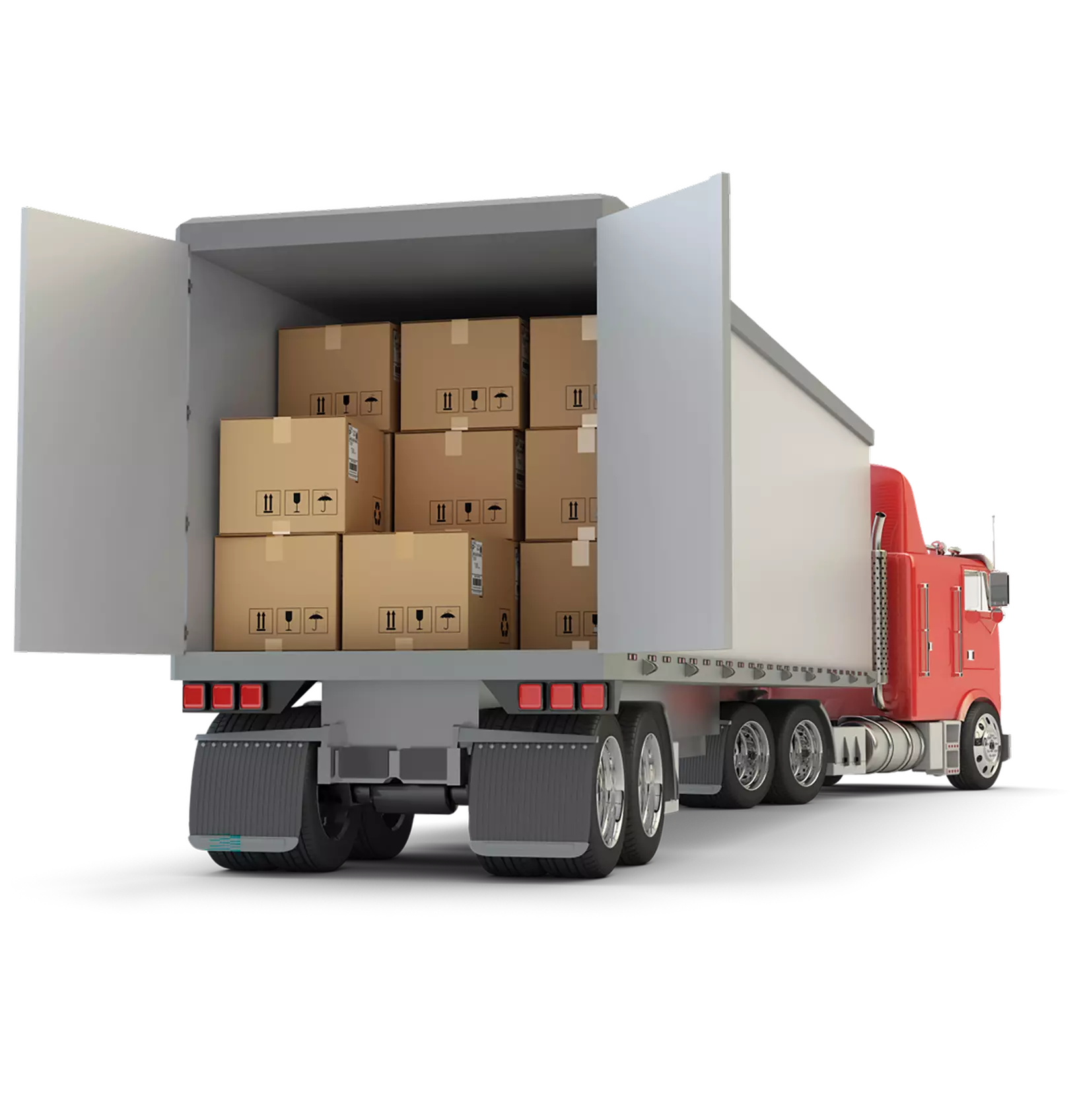EDI: What It Is and Why You Need It Right Now
EDI: What It Is and Why You Need It Right Now
EDI: What It Is and Why You Need It Right Now
Dic 7, 2021
 Aptean Staff Writer
Aptean Staff Writer 
If you’re in the consumer goods distribution business, you’ve probably heard of EDI, or electronic data interchange.
Before EDI, the standard process for handling purchase orders and invoices between businesses was through the mail. Then as technology progressed, documents were sent via fax or email, which sped up the process. While using email meant that documents could be exchanged instantly, there were also multiple issues with this process, mostly tied to human error. For example, emails went missing or went to the wrong contact; incorrect documents got sent; or perhaps someone forgot to follow up so that the invoices got paid in a timely manner.
EDI has emerged as a solution to these issues. Because it allows for the rapid bulk transfer of documents between companies, it eliminates costly human errors. Fun fact—EDI costs two-thirds less than paper-based equivalents. For consumer goods companies like yours, EDI is an invaluable tool to manage the complex documentation that international trade entails.
EDI has become essential in the daily operations of many industries. To give you an idea of the scope, over 60% of companies in the U.S. use EDI—this translates to some 20 billion EDI transactions per year.
What Is EDI?
EDI lets businesses exchange documents in a standard electronic format that replaces paper-based documents, such as purchase orders. It automates paper-based transactions, which means that organizations save time and eliminate costly, manual processing errors.
EDI does this by moving information from one organization’s computer application to another. Depending on the EDI format, like TRADACOMS or XML, a data integration solution translates the information in a standard document format. Hundreds of industries use EDI integration to share all kinds of documents, like purchase orders, quote requests, invoices and even loan applications. In short, EDI streamlines and standardizes your partner communications.
For distributors, EDI allows you to exchange documents instantly with all your trading partners. In fact, some retailers require their trading partners to have EDI before they will work with them.
Most of your trade is globalized, which means that you have business relationships with vendors, manufacturers, suppliers, freight forwarders, and most importantly, your retail customers. You need a way to connect with all these partners, and you need a way to communicate data in real time. You’ll need to be able to connect with their systems, which can be tricky with different international standards and protocols.
We’ve explained why EDI is an essential tool, but what makes it even more pivotal in the face of the current supply-chain crisis? In this post, we’ll discuss how an ERP with built-in EDI will help you and your retail clients cut costs, despite the ever-rising prices of transport and resources.
In addition, because EDI improves overall business efficiency, you’ll reap great benefits at the strategic level.
EDI Improves Efficiency and Accuracy
Using EDI to exchange documents improves transaction speed and document visibility. Since your team doesn’t have to spend hours processing documents manually, you’ll cut costs on wasted hours. That’s a substantial saving right there, because now your employees are free to work on more meaningful projects. EDI speeds up business processes by 61%. Think about what your team could do with that much extra time in the day. With freight costs on the rise, you’ll need your team to be as efficient as possible to keep extraneous costs down and a distribution ERP with EDI can help with that.
An industry-specific ERP with EDI will improve efficiency and accuracy with almost every paper-based task. Your documents are processed faster and are more accurate, so you get more correct orders, fewer stock outs and fewer cancelled orders. Your distribution company immediately benefits with improved cash flow and reduced order-to-cash cycles. You now have shorter order processing and delivery times, which means that you’re not sitting on excess inventory.
EDI Lets You Work with New Partners
EDI eases the opportunity to enter new territories and markets. Since EDI provides a common business language, it facilitates business partner onboarding anywhere in the world. EDI implementation makes B2B data interchange seamless, so most retail companies prefer to do business with other enterprises that use EDI applications. As supply chains become globalized, EDI helps you traverse borders and drive growth; but it also allows you to quickly and easily get up and running with new partners.
A distribution-focused ERP with EDI makes it easy to follow any retailer’s compliance standards, which helps you explore more new business opportunities. With an EDI your partner options are limitless. You are no longer restricted to a geographical location and you don’t need to worry about language barriers. EDI uses a standard business language, so it facilitates business partner onboarding anywhere.
You’ve worked hard to build your distribution business, and you have cultivated strong relationships with your partners, but you still want to grow. Without the proper systems in place, you may not get the chance to do business with larger retailers. However, if you can leverage EDI, you can position your company as a trusted partner with retail giants like Target or Wal-Mart. Talk about revenue potential.
EDI Optimizes Your Supply Chain
As you know, the global supply chain is in chaos right now, and experts predict no end in sight through 2022. But by leveraging a distribution ERP with built-in EDI you can optimize your supply chain.
EDI has become the industry standard for B2B and B2C enterprises of all sizes. ERP with built-in EDI helps improve supply chain management by providing total visibility and real-time information with all your trading partners.
In addition, EDI helps you maintain optimal inventory levels. Because you now have access to real-time updates, you can use that information to set up targets and alerts to promote optimal resource allocation. This prevents shortages or overages in your inventory. Now, you can meet immediate demand as well as optimize stock levels for the future. No matter how chaotic the global supply chain may be, you have the control and the visibility you need.
EDI Enhances Your Business Strategy
EDI can boost your business strategy in several ways. First, you’ll have access to real-time data that allows you to make faster, better decisions. Second, EDI smooths the path for international transactions because there’s no need to worry about language barriers. Finally, you’ll ensure standardized electronic communication, so new partners or vendors can integrate instantly with your process.
Customers will have their paperwork instantly and can respond in real time. This means that you’ll get paid faster, but if issues do arise, you’ll be able to respond rapidly. In short, EDI will make business communications easier between you and your customers, which can only improve your customer service.
Streamlining your business processes by leveraging an ERP with built-in EDI creates the resources to take on additional business. EDI will also accelerate ROI, improving cash flow. Going paperless also means that you’ll have a greener company, showing corporate responsibility. And think about the fortune you’d save on printing costs. The average mid-size company can save over $600,000 per year by going paperless.
So, there you have it—adding a distribution ERP with built-in EDI to your technological arsenal will save you money, streamline your supply chain, and even win you new customers.
An ERP with built-in EDI works seamlessly to automate and simplify your data transfer. Aptean’s Distribution ERP comes standard with EDI. Unlike a standalone EDI, there are no complications—data is updated in real time, and you won’t require third-party integrations.
Aptean’s EDI experts have worked with distribution companies just like yours. We have expertise in managing complex mandates like vendor-managed inventory, order status reporting and inventory status inquiries.
Want to discover how Aptean’s Distribution ERP with EDI will supercharge your consumer goods business? Find out how, now.
Empieza a transformar tus operaciones de distribución
Si estás listo para llevar tu negocio al siguiente nivel, nos encantaría ayudarte.



